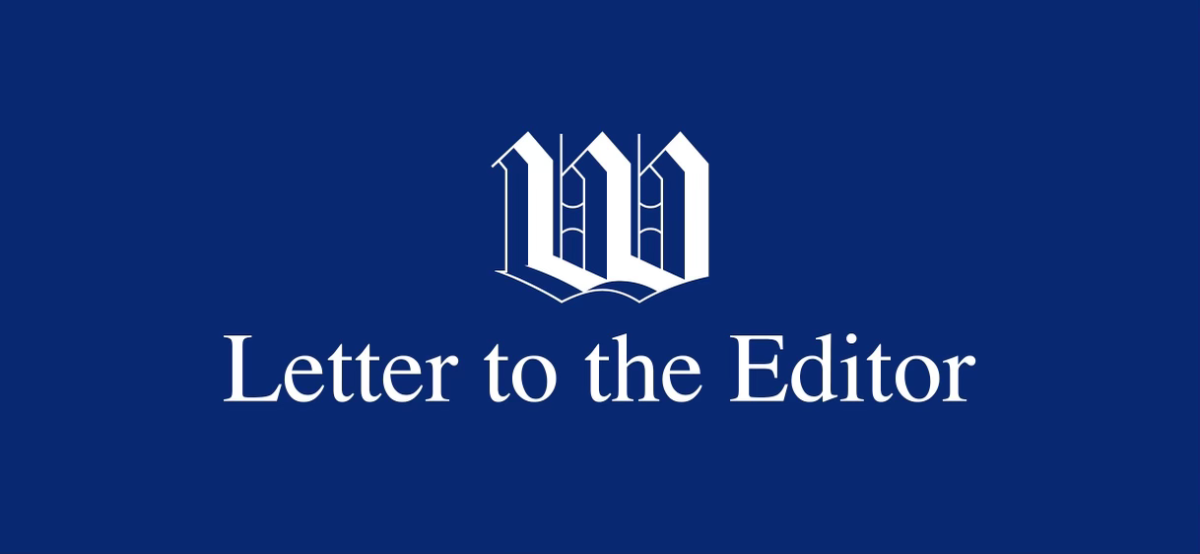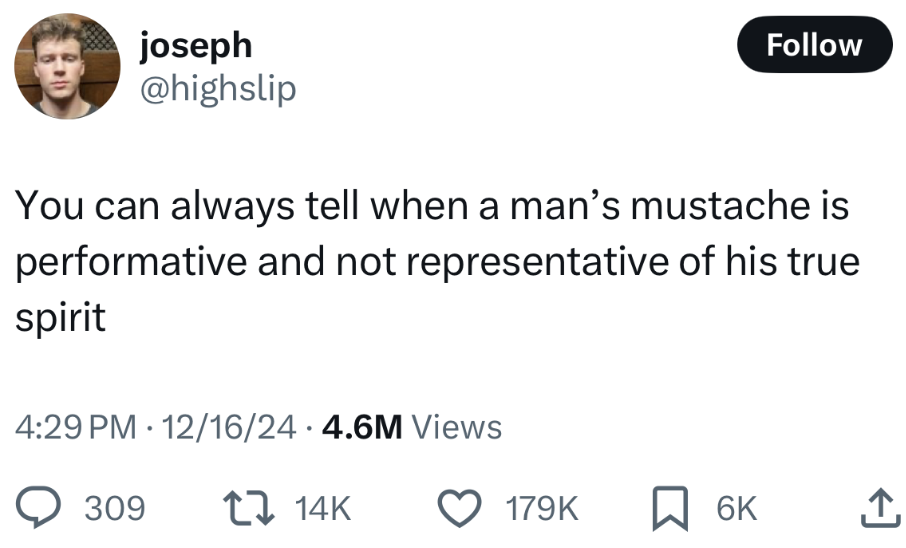Dear Professor Cushman,
Here at the Wellesley News, we welcome dialogue, especially responses to our staff editorials. For this reason, we thank you for your letter regarding our piece on funding sources. In the interest of productive discourse, we would like to take the time to respond to some of the issues you raised in your submission.
First, we would like to reply to what you called an “error of fact”, that is, that “the Wellesley student community voiced aggravation and dissatisfaction.” While the original piece did not include direct quotations, such sentiments did exist on campus. In fact, WCTV Boobtube, in their first episode of season 10, “Koch-ed Up,” lampooned the donations. A thread on Wellesley Women for Hillary, an alumnae and student facebook group, included a number of thoughtful comments which expressed both support and criticism alike. These are a few examples which indicate that there was a marked response to this announcement. Our editorial did not intend to “insinuate a homogeneity of community” as you claim. Our diverse staff is acutely aware of the variety of perspectives that exist on the Wellesley College campus.
While your announcement was made in Academic Council, this event is closed to the student body at large. The original assertion of the editorial was that funding sources should be disclosed to students specifically. You argue that making an announcement in this forum is akin to doing just that, due to the presence of student government representatives. Multicultural Affairs Coordinator Sydney Stewart ’18, stated that, in her own practices, she would “strongly disagree with that statement.” She continued by noting that “as College Government Cabinet, we’ve never shared anything with the student body through Senate that was discussed in Academic Council.” Members of the student body are not often provided with updates from these proceedings. Therefore, making an announcement in that setting is not the same as addressing the entire student body.
We agree with you that student representation in committees needs to clearly embody a responsibility of advocacy. However, we disagree with your assertion that the practice of not conveying messages is a “failure.” Multicultural Affairs Coordinator Sydney Stewart ’18 believes “that this statement is quite polarized as it was never explicitly indicated to members of Cabinet by any member of the Academic Council, to [her] knowledge, that the conversations discussed in Academic Council should be discussed with the student body.”
With regards to our news article, you were entirely forthcoming and transparent. However, the lead for that article did not come from the Freedom Project. Rather, a student reporter reached out to you for comment. That is a significantly different series of events, in our opinion, than your assertion that you sought to inform students.
On balance, the editorial, to be clear, did not focus on the Freedom Project. The thoughts were not leveraged against this particular organization in any way. The statement regarding the response to Koch Brothers’ funding served as a transition from permeating student concern in our forums to a larger institutional issue. The thesis of the editorial, in fact, was that “the reaction to this news is indicative of a larger issue: students are not made aware of how campus events are financed.” The following line was “This sentiment is not exclusive to the Freedom Project.”
We would like to emphasize again that the editorial in no way was dedicated to the Freedom Project. Your allegation that we are accusing the organization of hosting biased speakers is misguided. In fact, the editorial clearly noted that you enjoy “absolute academic freedom and autonomy.” Because the piece was not directed at the Freedom Project, there was no need to explore the background or to give the campus an account of its activities. It was unrelated to the overall point, which was to discuss funding. We discussed a variety of examples, and noted especially renovation projects on campus.Our dialogue focused on potential issues, misconceptions and questions that might arise when donors are not disclosed.
In closing, we thank you for your letter and willingness to participate in this discussion. However, we stand by our original editorial for these reasons: There was not an error of fact in our assertion that members of the community were dissatisfied by this funding. Secondly, reports made in Academic Council are not widely circulated to the student body. Finally, the editorial was not a calculated assault on the Freedom Project.
Regards,
The Editorial Board of
the Wellesley News





